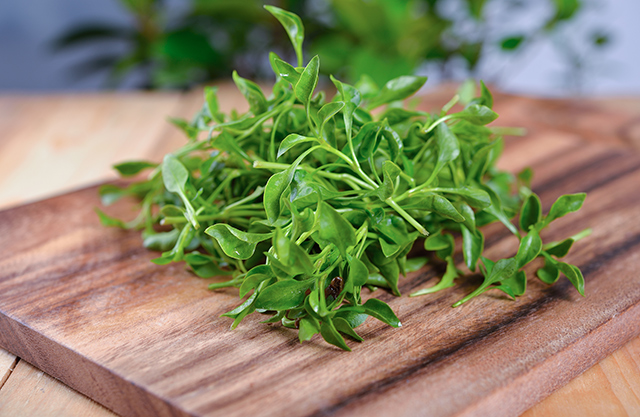Beef is a popular protein because it’s delicious no matter what form it takes, whether it’s burger patties or a well-cooked steak.
However, according to a team of researchers from the American Chemical Society (ACS), beef can be more than just an appetizing part of our diet.
According to a report, beef protein can be broken down into peptides that can effectively block bitter taste receptors on the tongue. The researchers suggest that the peptides could even be used to make other foods more palatable.
Beef peptides and bitterness
Bitterness isn’t a flavor that most people are accustomed to and most individuals would rather avoid it at all costs because it can be unpleasant. However, some bitter foods are good for your health.
To address this concern, several industries have started studying ways to reduce or eliminate bitter sensations that humans detect using 25 receptors called T2Rs. To date, only a handful of inhibitors of T2R activity have been identified and analyzed.
Meanwhile, researchers have had their eye on bioactive peptides, which are produced when food proteins are broken down in a process called enzymatic hydrolysis. These bioactive peptides are being studied because they can help reduce bitterness and inflammation.
Since beef proteins can produce “desirable flavor-promoting peptides,” Rotimi E. Aluko, Prashen Chelikani, and the other researchers involved in the study, are trying to determine if bioactive peptides can indeed effectively block bitter tastes. (Related: The Palatability Factor: Staying Healthy Without Sacrificing Taste.)
For the study, the team of researchers hydrolyzed beef protein with six different enzymes:
- Alcalase
- Chymotrypsin
- Flavourzyme
- Pepsin
- Thermoase
- Trypsin
Based on data from the study, peptides produced from pepsin and trypsin digestion were the most effective in lowering the intensity of the bitterness of quinine, which was utilized in a test that used an electronic tongue.
Both pepsin and trypsin were also the longest peptides, implying that peptide size may be crucial to its effects on taste. The researchers posited that their findings could be used in both the food and the pharmaceutical industries. The report was published in ACS’ Journal of Agricultural and Food Chemistry.
But how far are we willing to let companies go when it comes to altering the taste of the food we eat? What would be the effect? Would it be labeled so that vegetarians could know?
Fast facts on peptides
Peptides refer to a protein component that is made up of two or more amino acids bonded in a chain and encoded into the protein molecule.
- A lot of dietary peptides are inactive while they are contained in sequence in their respective parent proteins. These dietary peptides will only be activated when they are digested by the appropriate enzymes in the gastrointestinal tract.
- Dietary peptides can also be activated through other methods such as fermentation or food processing.
- The majority of the health-promoting properties attributed to proteins, such as cardiovascular, endocrine, immune and nervous system benefits and even nutrient absorption, could actually be due to the peptides encoded into these protein molecules.
- All dietary proteins have peptides. However, some of the richest sources include eggs, grains, milk, and soybeans.
You can read more articles about interesting and weird scientific facts at WeirdScienceNews.com.
Sources include:
ScienceDaily.com
Livestrong.com




















